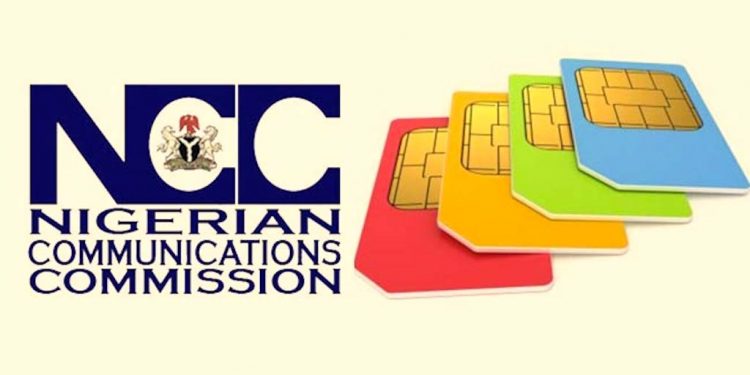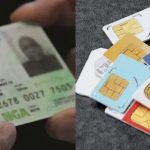The Nigerian Communications Commission (NCC) has implemented a new policy disqualifying individuals under 18 from obtaining Subscriber Identity Module (SIM) cards. The policy, officials report, is intended to “protect minors” from legal liabilities associated with SIM card use and strengthen national security.
Under the new regulation, only adults aged 18 and above are eligible to enter into SIM card acquisition contracts with mobile service providers, as it aligns with the legal age of consent in Nigeria. Minors will still have access to mobile services through SIMs registered in the names of their parents or guardians, who will be responsible for any associated liabilities.
The policy is part of NCC’s broader efforts to tighten telecommunications regulations in response to security concerns. Previously, the NCC proposed the Registration of Telephone Subscribers Regulations in 2021, suggesting that minors be banned from obtaining SIM cards. The implementation of this regulation marks a formal step toward realizing that objective. NCC officials note that this change will shift responsibility to parents, who will be expected to monitor their children’s mobile activity.
Subscriber Reduction Due to Policy Enforcement
The restriction on minors comes amid a decline in Nigeria’s active mobile subscriptions, which dropped from 219 million in March to 153 million in September. NCC officials attribute this reduction partly to the deactivation of SIMs not linked to a verified National Identification Number (NIN). Additionally, a discrepancy was uncovered in the data from one Mobile Network Operator, which mistakenly classified approximately 40 million non-revenue-generating SIMs as active subscribers, inflating the industry’s reported figures. The NCC has since adjusted its data guidelines to ensure accurate subscriber reporting.
This policy aligns with NCC’s mission to bolster accountability and national security, while placing increased responsibility on parents and guardians in managing minors’ mobile activities.










